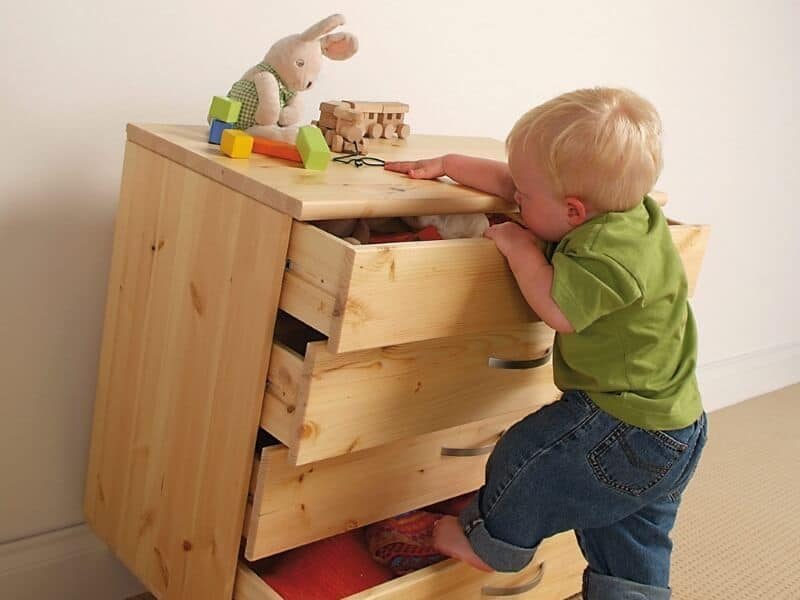
Moving can be stressful for every member of the family – children included. Depending on the age of the child, their fears about a move vary a bit, but most children approach the idea of moving with some hesitation.
Share the News
As soon as a decision has been made to move, share it with your children. The more time that they have to get used to the idea, the more likely they are to be ready and eager by the time that moving day arrives. When speaking about the move, be enthusiastic and upbeat so that your children will view moving as an exciting adventure.
Age Matters
In general, younger children will adjust more quickly to a move than older children. Babies and toddlers may feel a bit out of sorts in a new environment, but they will adapt very quickly.
Preschoolers have established comfortable routines and usually have a few favourite places, such as the park or the local zoo. If they express worries about missing these places, assure them that there will be plenty of fun things to do near the new house, too. School aged children often have very specific concerns about living in a new place and may have questions such as, “Where will I keep my toys?” and “Will my new teacher be nice?”
Remind them about times that they have had similar worries in the past – such as when they first started school – and how everything turned out just fine. Saying things like, “Remember when you were scared that you wouldn’t like your teacher this year? Now you love Mrs. Brown. I’m sure that you will do just fine at your new school, too.”
Teenagers often have the most difficulty in adjusting, especially if the move means that they will be too far away to see their current friends. A teenager’s world revolves largely around their friendships, and breaking those bonds can be traumatic. Most teens are able to make the adjustment, but expect the transition to take a while – six months to a year is typical.
Timing is Everything
Moving at the beginning of a school break may seem like the best time, but that is not always the case. Many children spend summers away at camp or on family holidays, so your kids will have fewer opportunities to make new friends during summer break than if they move just as school is about to begin.
The start of the school year is often the ideal time to schedule a move since it will offer your children the most exposure to neighbourhood kids.
Additionally, since many children, even those who have attended the same school before, experience some beginning-of-the-year jitters, your child won’t be the only one with a few butterflies on the first day of school.
Time to Say Goodbye
Allow your children ample time to say goodbye to their friends before your move. Although the days leading up to the move will certainly be a bit hectic, it is important to respect your children’s need for closure.
Schedule individual play dates or host an informal going away party for your children and their friends. Sometimes, having a keepsake to remember their friends can help make the transition easier.
Purchase a plain tee shirt for your child and allow the other children to autograph it using fabric pens. This will likely become one of their favourite things to wear during those first weeks at the new house.
Encourage the children to exchange addresses and telephone numbers so that they can keep in touch after the move. Remember, your children’s friends will feel a loss after the move, too.

